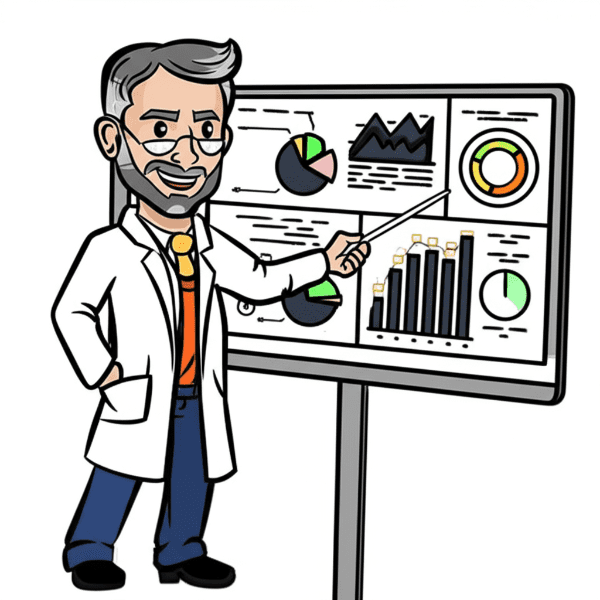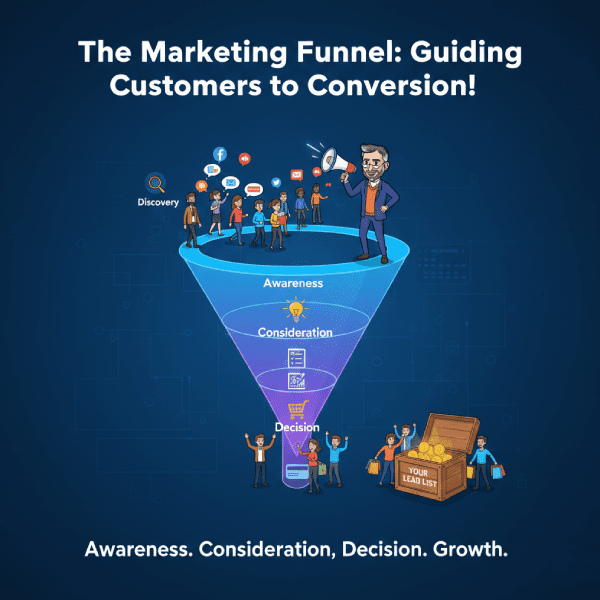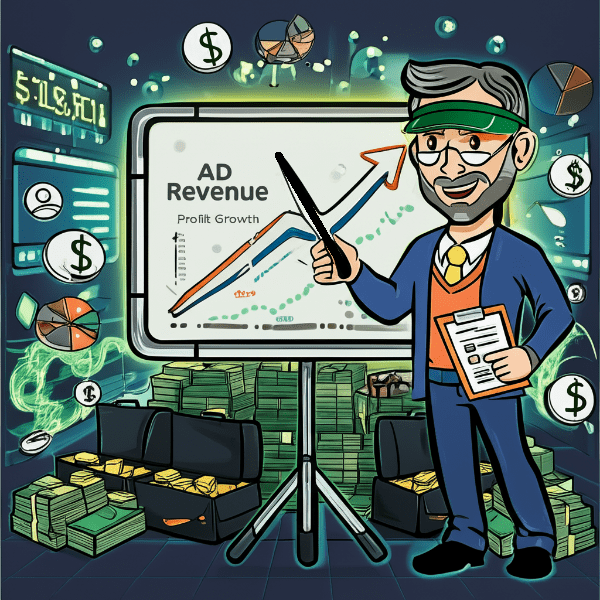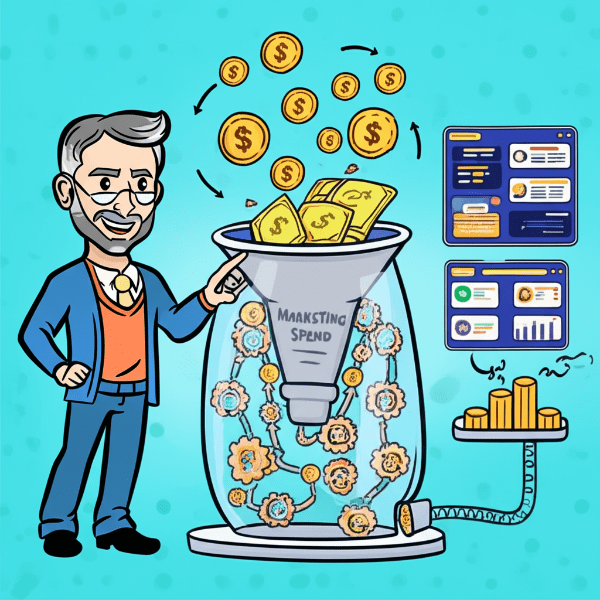Definition: Marketing dashboards are visual tools that display your most important marketing metrics in one place—like website traffic, lead conversions, ad performance, and campaign ROI. With a well-designed marketing dashboard, teams can quickly see what’s working (and what’s not) and make informed decisions without digging through spreadsheets or analytics reports.
Example in a Sentence: The marketing team uses real-time marketing dashboards to track their ad spend, email performance, and web traffic all in one view.
Why Are Marketing Dashboards Important?
1. Instant Visibility Into Performance
Dashboards give you a clear, real-time snapshot of your KPIs. Whether it’s social media engagement or paid ad conversions, you don’t have to bounce between tools to find answers.
2. Keeps Teams Aligned
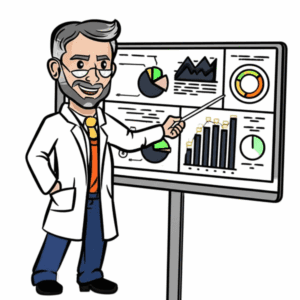
With all your data in one dashboard, everyone—marketers, executives, or sales—can stay on the same page. No more miscommunication about results or goals.
3. Speeds Up Decision-Making
Instead of waiting for end-of-month reports, dashboards let you spot trends and take action quickly. You can double down on what’s working or pivot when something’s off.
See What’s Working, All in One Place
Marketing dashboards help turn your raw data into clear, actionable insights. Whether you’re a solo marketer or managing a large team, dashboards help you stay focused, save time, and drive better results.
More Definitions:
- Lead Conversion Rate: The % of leads that become paying customers.
- Keyword Clustering: Grouping related search terms to improve SEO strategy and content relevance.
- Influencer Program Strategy: A plan to work with influencers to boost brand visibility and sales.
- Lead Conversion Rate: The % of leads that become paying customers.
- Lead Generation Campaigns: Tactics to attract and capture new leads.
- Marketing Funnel: The path customers take from awareness to purchase.
- Lead Generation Funnel: A funnel focused on capturing and qualifying leads.
- Pictory: AI tool that converts text into short, shareable videos automatically.
- Shopping Cart Abandonment: What is shopping cart abandonment?
Useful Posts
- Marketing Terminology for Leaders: A Clear Guide: Simple, jargon-free explanations of key marketing terms every leader should
- Essential Marketing Terms Leadership Must Know – This guide breaks down essential marketing terms every leader must know for strategic clarity and performance alignment.know.
- Equipment Marketing Services: Use this service to help you showcase products, generate leads, and support dealer success.













